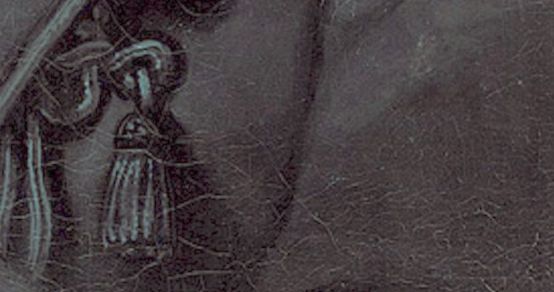Serenade in D major
Beethoven every Friday: to mark his 250th birthday, we take a look at one of his works every week. Today it's the Serenade for flute, violin and viola.

It is far too rarely considered that it was often not the composers who wrote music history with their works, but rather those industrious authors who, on the basis of scores, letters and other documents, created a tangible context and connection in the first place. And the further one goes back through the centuries, the more extensive the interpretations and hypotheses become, on which comprehensive bodies of thought are often based. This happens less with Beethoven - so you feel safe and can sit back and relax.
But far from it! Anyone who only believes in the ideas behind Beethoven's great works will always find themselves in need of an explanation and desperately seek arguments to straighten out the order of thought. This is also the case with the work published in 1802 Serenade op. 25 for flute, violin and viola. The title and instrumentation alone seem strangely peripheral. Had Beethoven not systematically prepared his first string quartets op. 18 on the basis of his opus 1? Had he not long since shed the outdated traditions of the 18th century? Why a composition without a bass? And the tempo marking Allegro disinvolto (cheerfully casual) in the finale? -
How wonderfully convenient it was to simply date the Serenade as a work from the Bonn period (which is not tenable on the basis of sketches) or even to assume that Beethoven merely wanted to help Giovanni Cappi with his newly founded publishing house with the Serenade. Perhaps Cappi himself also added the opus number to the print ...
But why should Beethoven not have written a serenade just because he was preparing to reach for the stars in other genres? Help and clarification can be found one hundred years later in a letter from Max Reger. He had asked for a symphonically dimensioned work in terms of form and texture. String quartet op. 74, the classical style of the work, which contrasts sharply with the Serenade op. 77a (as in Beethoven in D major and with identical instrumentation) on April 22, 1904 with the words:
"Enclosed you will find something very easy, simple and very melodious .... But I ask you very much not to look at this little inconspicuous booklet ... 'from the side', as op. 77a will in any case be suitable for making me many new friends and will finally silence those ignoramuses a little who always claim that I can only write 'complicated' and 'have to' cover up the 'lack of ideas', the 'lack of spirit' with 'clutter and complexity'!"
Listen in!








